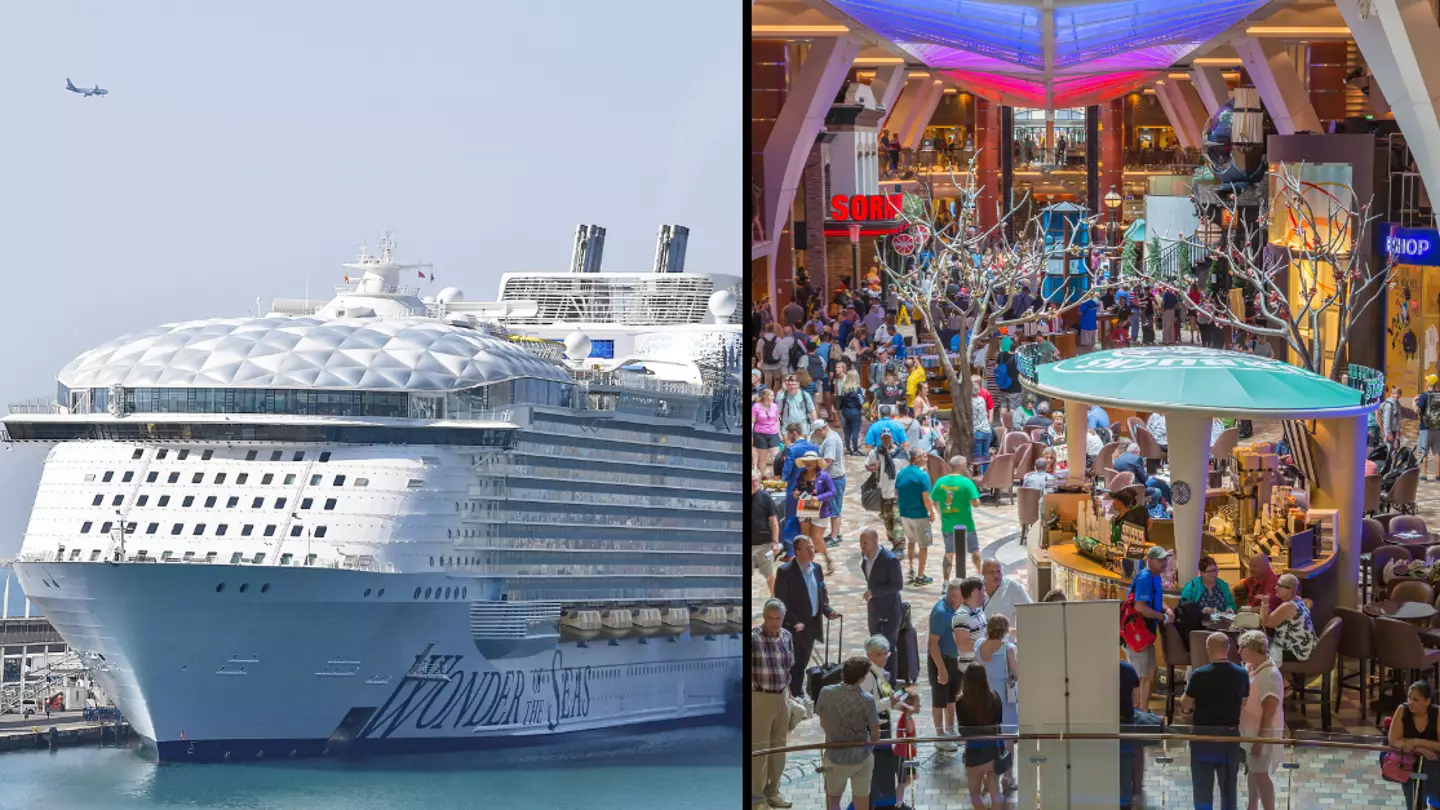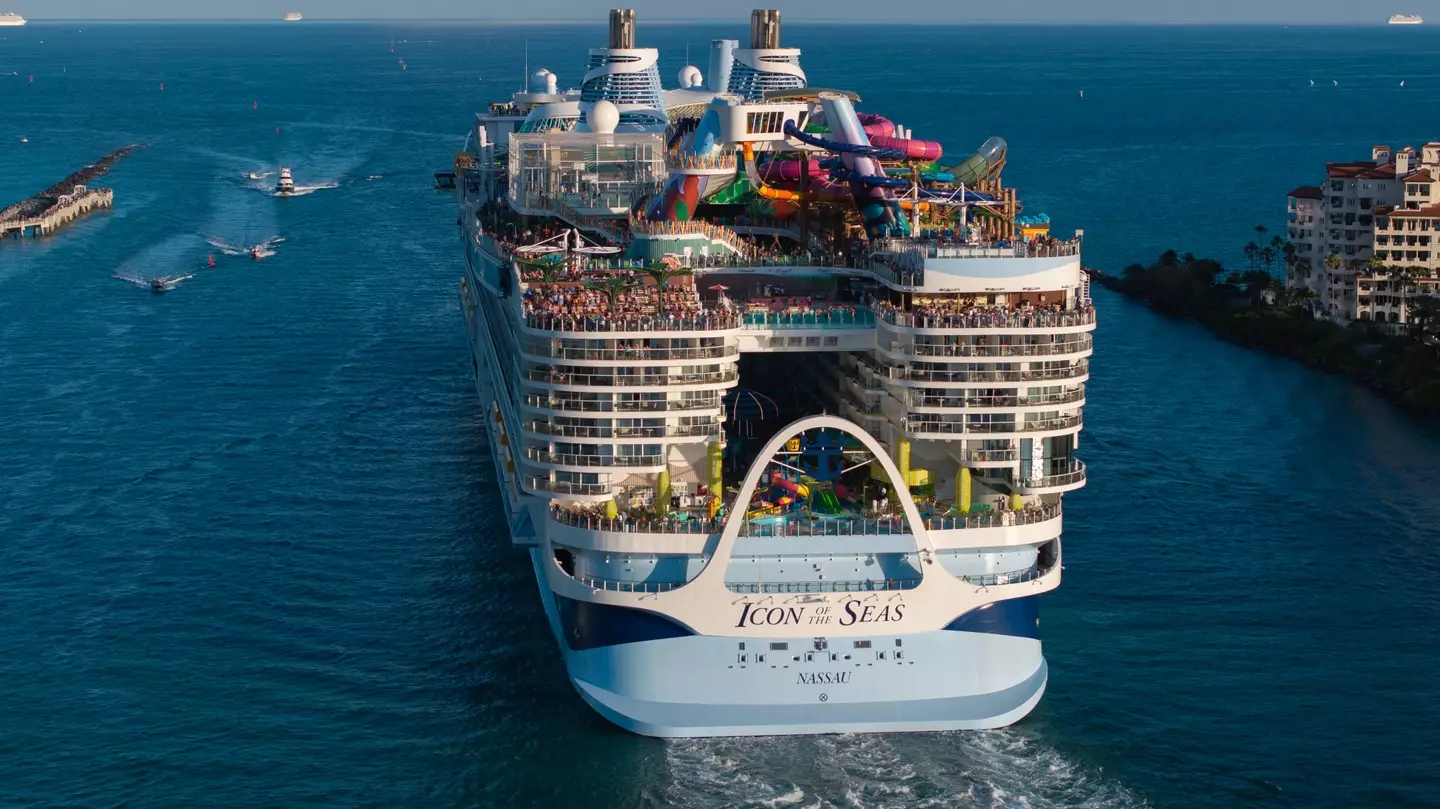
Royal Caribbean, the world’s second largest cruise line, has introduced a new rule that has scuppered one of the most popular travel hacks used by thousands of travellers.
Heading on to a cruise ship is the holiday of a lifetime for many looking to travel the world, as it’s a comfortable and relaxing way to head to multiple destinations around the globe.
And you can pretty easily do this in style, with the most modern vessels effectively floating cities at this point.
As with any holiday, there are a couple of pointers and tips those experienced in cruising recommend you bring in to your holiday when planning. Yet, one of the most popular hacks has just been banned by cruise line Royal Caribbean.

Royal Caribbean rule change and ban
One of the most popular tips when it comes to holidaying on a cruise ship is to get around the lack of plug sockets in your cabin.
Often, they can come with just one plug socket for the entire room, which can be an issue when you have a cabin of a few adults and children, if you’re on a family trip.
More modern ships have moved with the times, though, equipped with a few as well as USB and USB-C ports.
To get around this, cruise ship content creators across the world have time and time again recommended taking a ‘must have’ gadget – the universal plug adapter and extension lead.

Bradley Jones, who has been on 50 cruise ship holidays, said the devices were his one must-have when heading on to a cruise.
But for those trying to get around the lack of access points, you’re now out of luck with Royal Caribbean after the cruise line banned extension leads on safety grounds.
What do the rules say?
Over on the Royal Caribbean website, the company explains the rules.
The company says that electrical extension cords ‘including power strips / surge protected strips and multi-plug outlets’ are banned.
“We do allow consumer type power conversion device USB charger (multi-plug blocks on which the outputs are for USB cables),” the cruise line notes.

But it adds that devices must be stamped with US / Europe recognised ‘Conformance Marking’ to demonstrate compliance with Electrical Safety standards.
While this is on their website, reports online suggest that the rule has been in place for longer than stated with it enforced on a sporadic basis. Some have said they’ve never had an issue while others said their devices were taken off of them at departure.


